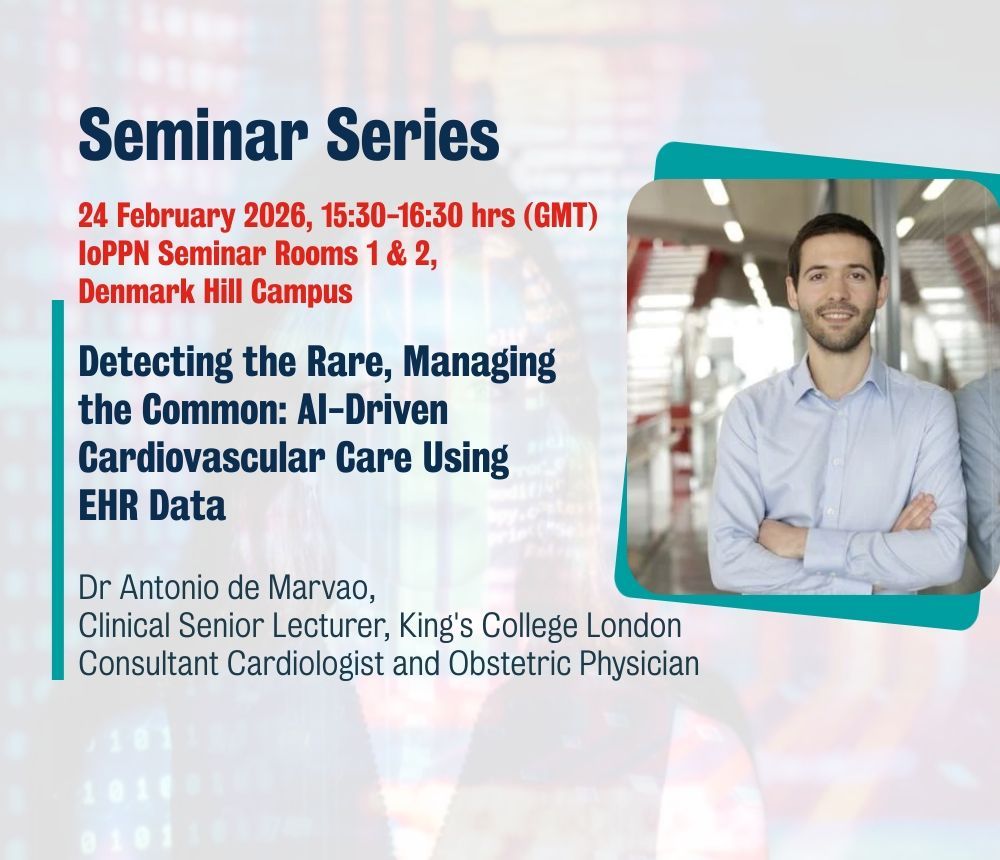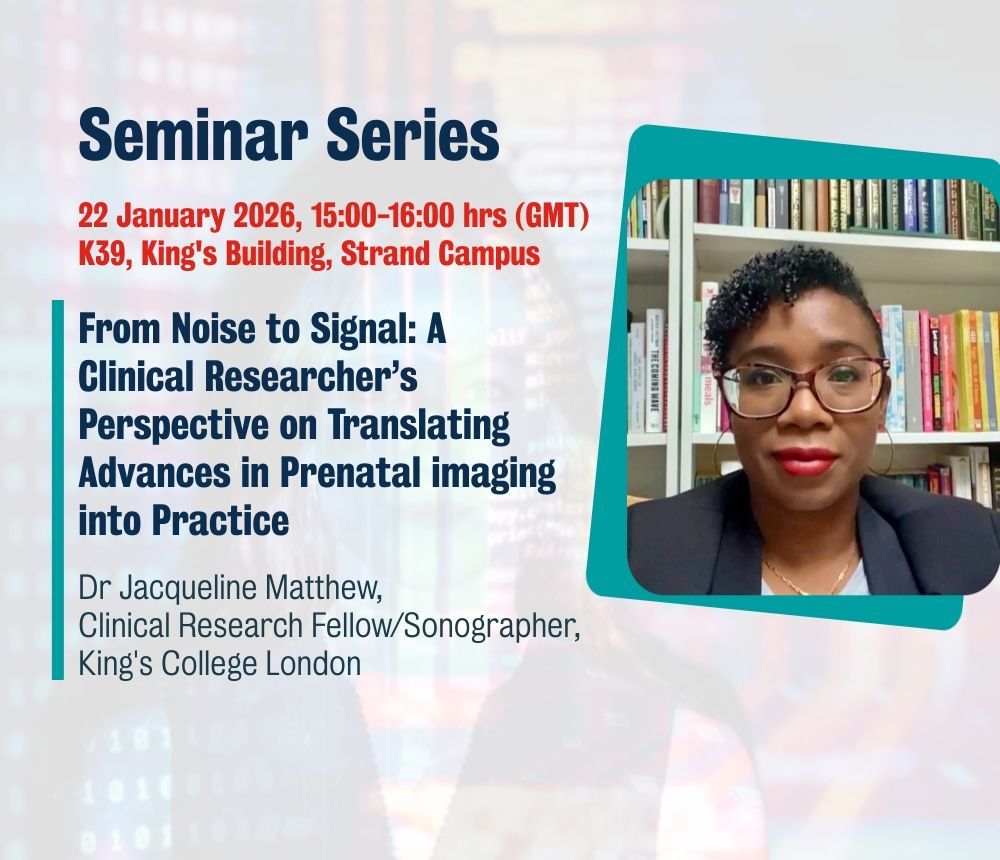Flagship project delivers step change in text analytics capability
The HDR UK National Text Analytics Project team recently came together to share the impacts of their work and opportunities for clinical natural language processing (NLP). Rene Ndoyi, one of the attendees, describes his experience of the HDR UK National Text Analytics project symposium.
Author: Rene Ndoyi, Intern at Institute of Health Informatics
Maximizing text analytics capability for health data research: key learnings from the HDR UK National Text Analytics project symposium
On 28 September 2022, the HDR UK National Text Analytics Project team, led by Professor Richard Dobson (UCL Institute of Health Informatics; King’s College London) and Dr Angus Roberts (King’s College London), came together to share the impacts of their work and opportunities for the clinical
natural language processing (NLP) community to deliver and use new NLP tools at this HDR UK symposium.
This flagship project has delivered a step-change in text analytics capability, enabling a major shift in the UK’s ability to use research-ready, actionable, real-time electronic health records by delivering data-driven systems with potential to transform patient care. Sixty people from across HDR UK and the text analytics community attended the symposium to hear about the wide-reaching impacts of the project, learn about methods, tools and challenges for NLP and text analytics research, and discuss what the community needs to be able to access and use NLP resources for research. One of the attendees, Rene Ndoyi describes his thoughts and learning from the symposium below.
My name is Rene Ndoyi, a recent graduate of the HDR UK Black Internship Programme and intern at the UCL Institute of Health Informatics. The internship programme was such a success in my quest to develop a career in health data science. Among the many interesting projects that I was introduced to is the National Text Analytics Resource – led by Professor Richard Dobson (UCL Institute of Health Informatics; King’s College London) and Dr Angus Roberts (King’s College London).
This flagship project has delivered a step-change in text analytics capability, enabling a major shift in the UK’s ability to use research-ready, actionable, real-time electronic health records by delivering data-driven systems with potential to transform patient care. The project has built a community and brought together specialised resources that provide researchers with the tools and support to explore unstructured free text clinical data, using natural language processing (NLP) and text analytics.
Sixty people from across HDR UK and the text analytics community attended the symposium to hear about the wide-reaching impacts of the project, learn about methods, tools and challenges for NLP and text analytics research. Attendees also discussed what the community needs to be able to access and use NLP resources for research.
My internship mentor, Natalie Fitzpatrick, recommended that I attend the symposium as one of the many ways that the project brings together a community but also creates awareness of opportunities for NLP research being carried out across HDR UK.
It was very insightful and interesting to learn about the work that has been done and the success the project has earned over the past five years.
As an early career researcher who is building my skills in data science, I was keen to learn of the various tools and methods that have been developed to address the challenges of using unstructured free text data. A key piece of work is CogStack, a clinical information retrieval and extraction platform to create richer, more useful clinical information to improve healthcare. The tool enables querying data, without having to code thousands of SQL queries, based on real-time data.
Another tool I learnt about was MedCAT, which extracts information from Electronic Health Records and links it to biomedical vocabulary systems like SNOMED-CT and UMLS. Both of these tools are available for the research community to use via the Health Data Research Innovation Gateway, with the code made open source on GitHub.
Efforts to develop and apply these kinds of tools are important in tackling challenges around avoiding bias, transferability and model sharing.
The team described various ways that they are approaching this – from improving access to unstructured data for research, to developing trusted models of governance and standards. They have developed a template model sharing agreement that is being used across 10 different NHS Trusts to date, so that NLP models can be shared easily.
I also learnt that analysis of free text data can be achieved through R programming, a language I am currently learning. The idea of coding reproducible step by step workflows and frameworks is related to my internship learning experiences. Under Dr Johan Thygesen’s supervision, we are exploring development of reproducible and extensible frameworks, based on a previous study that developed a framework for Covid 19 trajectories among 57 million Adults in England.
Speakers also highlighted the importance of data governance and employing user-centred approaches. Natalie Fitzpatrick gave an interesting talk on creating a free text donated databank to develop and train NLP tools. I was fascinated to hear people’s feedback about this databank. Stakeholders, including patients and the public, researchers, clinicians and information governance and ethics experts, shared their thoughts through focus groups. There was a lot of support for the databank, but important issues were highlighted, such as the need to overcome different forms of bias, lack of generalisability, poor quality of data and patients’ ability to access their data to correct errors.
From my experiences at the symposium, I have no doubt that these efforts will harness more opportunities for improved patient care. I look forward to future meetings and opportunities to learn more about the National Text Analytics Resource project.
Share






